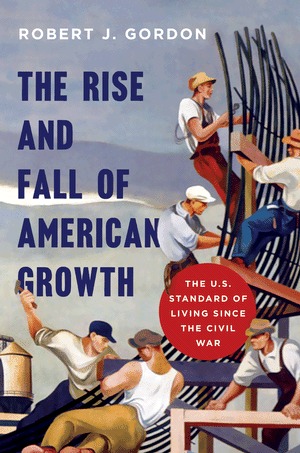The Upside of Inequality
The Upside of Inequality: How Good Intentions Undermine the Middle Class
In "The Upside of Inequality," Edward Conard challenges the prevailing narratives surrounding economic disparity in America, arguing that the vilification of the wealthy 1% obscures the real drivers of economic growth. With a keen analytical eye, Conard dismantles the argument that income inequality is the scourge of the nation's economy, instead positing that it is the government's attempts to level the fiscal playing field that stymie prosperity. Drawing on rigorous logic and a wealth of data, Conard sets out to correct misconceptions propagated by liberal economists and critics of "crony capitalism," offering a fresh perspective on the dynamics of economic success and its implications for society at large. Conard's thesis pivots on the belief that high rewards for success are essential in motivating individuals to pursue the necessary training and take the bold risks that drive innovation and, ultimately, economic growth. He contends that efforts to redistribute wealth dull these incentives, potentially harming not just the affluent but all societal strata. Through a compelling blend of economic theory and practical solutions, Conard advocates for a reevaluation of how we view inequality, urging policymakers and the public alike to embrace the potential benefits of a system that rewards risk-taking and innovation. "The Upside of Inequality" stands as a provocative call to rethink the basis of economic prosperity and the paths to achieving it, making the case for why a broader understanding of inequality's effects could lead to greater wealth and well-being for all.
1
recommendations
recommendation
Similar recommendations
View all









This site is part of Amazon’s Associates Program. Purchasing books recommended by successful individuals through my links earns us a small commission, helping keep the site running, at no additional cost to you. Thank you for supporting our site!

